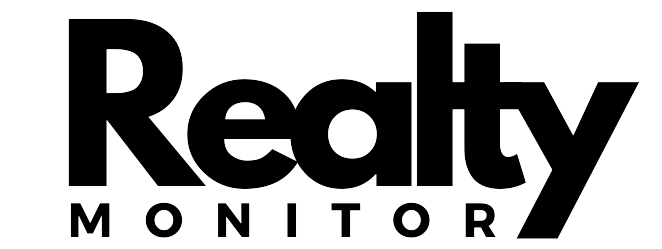Deciding on a home is one of life’s major milestones; hence, it’s important to understand the different types of property ownership available. Whether it’s a house or a shop, buying property is a significant decision in life. Both have their advantages and disadvantages. Let’s explore which option might be best for you – freehold or leasehold property.
Freehold Property
In a freehold property, you are the full owner. This means that you have complete freedom over the property, and it is entirely within your rights to sell, transfer, or use it in any way. After you, the property is transferred to your legal heirs. In other words, the rights to use, construct, and sell the property will remain with your family for generations. Most properties in India are freehold, such as when a builder directly purchases land from a farmer, constructs a flat or house, and sells it to a buyer. In such cases, the ownership rights held by the builder are fully transferred to the buyer. Freehold property transactions occur through a sale deed, conveyance deed, or property registry.
Nandni Garg, Director at Rajdarbar Ventures, emphasizes, “Investing in freehold property offers long-term security and stability. It not only provides the immediate benefit of property appreciation but also enhances the potential for future profits. With full ownership rights, investors gain complete control over their assets, making it a significant and sound financial decision.”
The primary advantage of freehold property is full ownership, granting you the freedom to sell, rent, or use the property as you wish at any time. It also serves as an excellent long-term investment, as the value of freehold properties tends to appreciate over time. Additionally, these properties are easier to sell and transfer, with fewer legal complexities involved. However, there are certain drawbacks. Freehold properties can be expensive, requiring full payment upfront. Moreover, the owner is solely responsible for all maintenance and taxes, which can sometimes be costly.
Leasehold Property
In a leasehold property, the occupant can use the property for a fixed period but does not own it. Ownership remains with the state or a government agency, and the lease term typically ranges from 99 to 125 years or other specified periods. Upon lease expiry, the landowner or leaseholder may renegotiate or request an extension, but full ownership is only transferred if specific permission is granted.
Ajendra Singh, Vice President of Sales and Marketing at Spectrum Metro, explains, “Leasehold property can be a great option for those who wish to live in a location for a set period without committing to full ownership. From a business and financial perspective, it often proves to be a more affordable alternative.”
Leasehold properties offer several advantages, including a lower initial investment than freehold options, making them accessible to many buyers. During the lease period, occupants have the right to use the property for a specified duration. However, there are notable disadvantages. One significant drawback is the lack of ownership; the property reverts to the state upon lease expiration. Additionally, uncertainty arises at the end of the lease, as occupants may need to negotiate a new lease or vacate the property, potentially leading to instability in their living situation.
Rented Property
Meanwhile, in a rented property, occupants pay a monthly rent without any ownership rights. This option is particularly suited for individuals who prefer flexibility and do not intend to settle in one location permanently.
Nisheeth Thukral, Head of Leasing, Ambience Group, said, “Renting is ideal for those looking to embrace a more dynamic lifestyle. It provides an excellent solution for people who frequently relocate and do not feel the need for permanent ownership, allowing them to adapt to changing circumstances without the burden of long-term commitments.”
Rental properties offer several advantages, including flexibility that allows tenants to move anytime, making them ideal for those who frequently change cities or jobs. Additionally, tenants bear less responsibility for property maintenance, which can significantly reduce stress. However, there are notable disadvantages to consider. Renters never achieve property ownership and must consistently pay monthly rent, making it challenging to build long-term assets. Moreover, unlike freehold properties, rental properties do not benefit from price appreciation, which can limit potential financial gains.
Thus, choosing between freehold, leasehold, and rental properties is a crucial decision that requires careful consideration of your lifestyle, financial situation, and long-term goals. By understanding the differences between these property types and evaluating personal circumstances, occupants can make an informed decision that aligns with their needs and aspirations.















